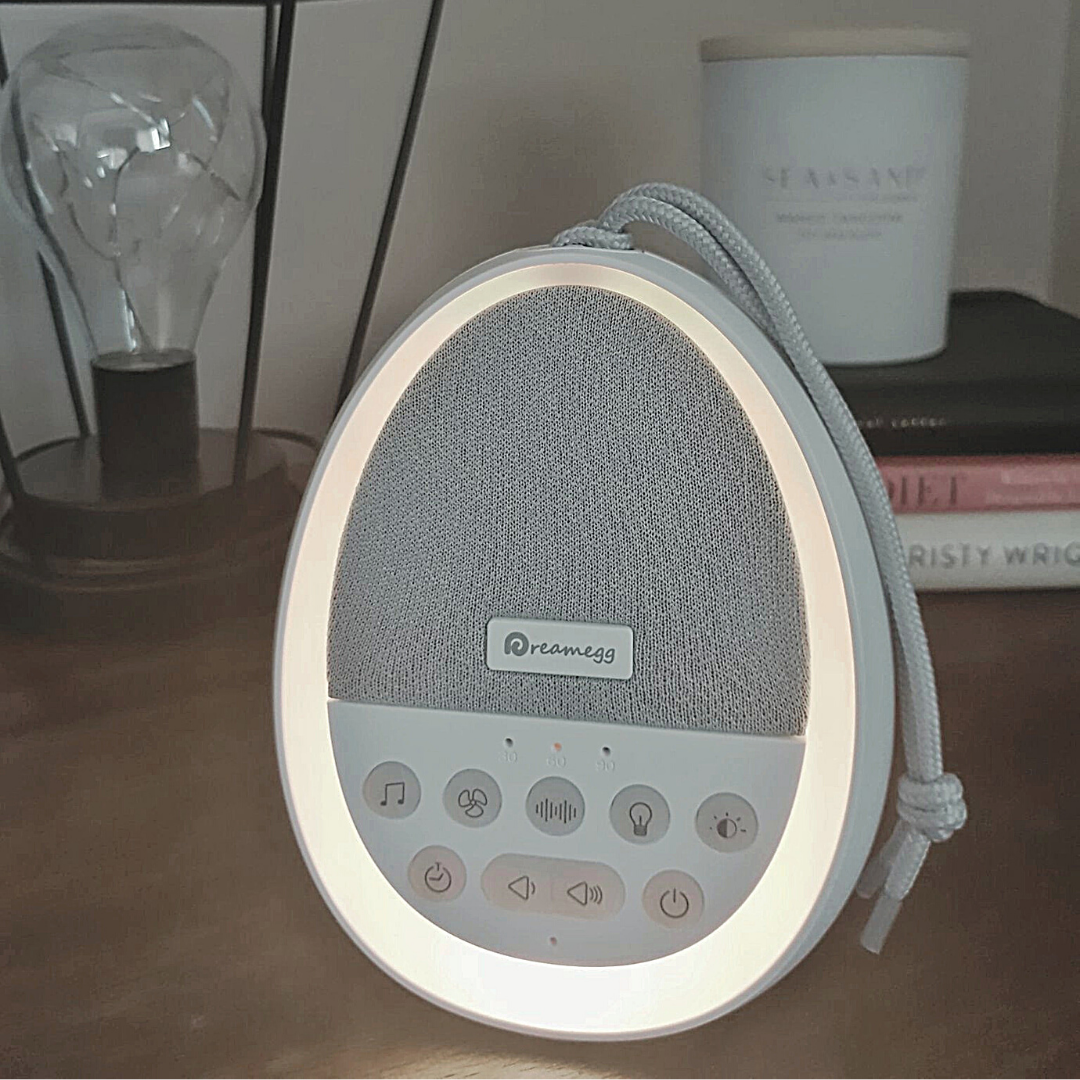|
|Making the decision to start therapy can be a huge decision, and also a step in the direction of greater understanding of yourself and your needs. Congratulations on choosing to have support from a professional who can walk alongside you on a journey of self-discovery! You deserve to have a safe and open space to talk about your concerns, explore your deepest hopes and dreams, and learn new skills to take away into your daily life.
Please note: This article does not contain therapeutic advice. If you are concerned about your health or well-being speak with a health professional or visit your nearest medical facility in an emergency.
MENTAL HEALTH RESOURCE VAULTGreat!Check your email for instructions on how to access the Mental Health Resource Vault. How to Find the Right Therapist For You
Now that you are ready to start therapy, your natural next question might be “How do I find a therapist?” and even more importantly.. how do you find a therapist that’s right for you? Great question! In this article, we will explore a few tips to consider when you are searching for a therapist including considering your values, understanding the range of professionals in the helping field and how they can help, and being okay with moving on if you don’t feel a connection to your therapist.
Consider Your Values Every single person in the world is different.. even if you are a twin, your other half will surely have a unique personality and set of beliefs that differ from your own. We are all shaped by the environment that we have been brought up in, the genes that we were born with, and the experiences that we go through, and this also means that our values can differ. For example, one person may value trust and authenticity above all else, while another person may hold the traditions from their family as the most important values in their life. Considering your own values can be important when making the decision of which therapist to work with so that you can feel comfortable sharing these values within sessions. A client-therapist relationship is built around the foundation of trust and understanding and although it may take time for confidence to be built, you should feel like you are able to share your own unique values from your life without fear of judgement or consequence.
Consider for a moment the values that hold true for you. Write down your values in a notebook or in digital document for future reference or to bring to your first therapy session. Start with the following areas: individual, relational, professional, spiritual. You may wish to explore other areas of your life that hold value for you, and for each area, explore the following questions:
Considering your values can help you to discover a therapist that can help you to explore, challenge, or celebrate the reasons you have decided to start therapy. Related: Self-Discovery Journal Understand the Range of Professionals Now that you have reflected on your values and started searching for local therapists in your area, you may have already discovered that there can be many different titles or professional designations for therapists. This can be confusing and sometimes even frustrating to decipher, so it can be important to have some understanding of the range of professionals in the helping field. Here is a quick guide to help you on your search: Therapist This is a common term to use within the helping field for an individual who practices therapy. Most types of licensed therapists have a graduate degree or higher level of education from an accredited institution. There are also therapists available who specialize in couples therapy, addressing delicate subjects such as anxiety in relationships as one example. Social Worker These professionals help people improve their mental health and relationships. May also be titled as Licensed Clinical Social Worker (LCSW) and they tend to be more affordable and often work with people in disadvantaged populations. Mental Health Counsellor These professionals help people improve their mental health and relationships. There are also counsellors who specialize in certain areas of with certain populations or concerns. For example, Marriage and Family Counsellors specialize in seeing couples and families. Psychologist These professionals help people improve their mental health and relationships and may specialize in business psychology, forensic psychology and organizational psychology. These professionals also have the ability to perform assessments and can tailor their support to meet your needs. Psychologists generally have a masters degree and may use CBT (Cognitive Behavioural Therapy) or other types of proven therapeutic approaches. Psychiatrist Psychiatrists prescribe medication and help clients manage regimens and dosages. They typically do not spend a lot of time providing talk therapy. They are more like mental health doctors than therapists. These professionals have the ability to perform assessments and generally treat clients with severe mental illnesses. Depending on your location, there may other practicing therapists you can set up an appointment with. It is important to ensure the individual you decide to work with has credentials and is licensed to practice. Therapists also practice from a range of different counselling models and theories. It can be helpful to research the type of therapy that could be most helpful for you, or you can ask your therapist about their specific approach. If you are seeking therapy for a specific issue, you'll want to make sure that you find someone who has plenty of experience dealing with this. For example, if you need help managing your anxiety, you will want to look for anxiety therapy San Francisco (or wherever you may be) and choose a therapist that clearly states that they offer this.
Being Okay to Move On From Your Therapist
Just like many relationships in life, it is important to recognize that one day the professional relationship you have built with your therapist will come to an end. It can be helpful to remember that a therapist is there to support and walk alongside you, rather than give you answers, or continue to be there for you after therapy has ended. It can even be helpful to talk about this during your initial meeting with your therapist so that you can set your expectations accordingly. But what happens if you have done your research and find the perfect therapist, only to discover upon the initial meeting that you actually don’t feel a connection to this therapist at all? This experience is actually quite normal, and could be happening for a number of reasons. The first being that you may be feeling apprehensive and untrusting of this person, given that you are about to open up and share your feelings with them. It can be natural to feel wary or concerned, and it can be helpful to share these feelings with your therapist, if you feel comfortable. This can be a great place to start connecting and exploring vulnerability. On the other hand, it could be that you just don’t connect with this professional in the way that you are needing to in order to explore the concerns that have brought you to therapy. In this case, it is completely okay to move on and explore other therapists. It is important to find the right therapist for you, and this might take a few tries. Hopefully the tips in this article will help you to start your journey of finding the right therapist for you. Best of luck, and may you find the support you are looking for!
Related: Mental Health Resources
The links in this article may be affiliate links that I will be compensated for at no additional cost to you. Want to start your own blog? Click here to learn how!
Comments are closed.
|
Welcome to the blog!↓ That's me, Heather. :)
MENTAL HEALTH RESOURCE VAULTGreat!Check your email for instructions on how to access the Mental Health Resource Vault. Categories
All
Popular Posts// 25 Positive Mindset Quotes
// Self-Care Bullet Journal Spreads // 7 Ways Your Physical Health is Connected to Your Mental Health |








 RSS Feed
RSS Feed
















